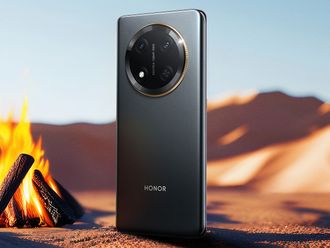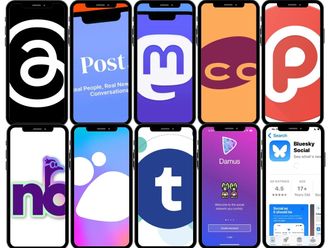In business, we tend to prioritise numbers in order to assign a value or a performance to a metric or action.
We quantify and rate almost anything based on numbers. Brands and researchers put a lot of faith in quantitative (or quant) research, because they regard ‘scores’ as the ultimate foundation for any major decision.
Numbers seem a more rational and solid base on which to plan and set strategies. However, what can a brand actually do with a result such as ’53 per cent consume brand X and 47 per cent do not’?
This is where qualitative (or qual) research becomes critical, just like the left brain works with the right brain to help us operate optimally. Instead of just assuming the reasons behind consumer behaviours, qual provides the ‘why’ to the ‘what’ unearthed by quant.
There are many brand equity/usage and attitude models in the market today, all helping highlight a brand’s position. More often than not though, standard quantitative surveys do not provide answers to brands’ questions about the ‘whys’ behind specific brand awareness, usage or consumption numbers.
When you look at numbers alone, you are effectively looking at an incomplete puzzle and will struggle to complete the picture.
In the Gulf especially, brands tend to limit their research investments to mostly quantitative projects for a number of reasons and therefore make business decisions without a complete understanding of consumer behaviour.
Adding qualitative research would allow them to bring in consumers and engage with them first-hand to hear their stories. In this social media age, consumers want their stories to be heard and are more willing than ever to share their experiences.
The developments in qual research are likely to change things drastically and allow brands to get the full value of their insights’ programmes.
If focus groups and in-depth interviews were deemed slow to deliver insights, today we have online/mobile qual research. Globally, brands are conducting qualitative research online more and more, using blogs/forums, social media and mobile instead of traditional methods.
A specific approach is needed in the digital space, as researchers need to ensure the timing, context and audience reached is accurate. Applied correctly, these techniques give consumer stories more context and provide richer insights.
Modern techniques may not convey the richness you get from listening to a consumer’s story firsthand but they are an efficient option when time and budgets are limited or when context matters the most.
Be it for proposals, presentations, annual plans or just a research report, qualitative research facilitates the visualisation of insights, adding ‘colour’ to a ream of numbers. Word clouds, mind maps, storyboards, themed matrices and interactive maps are just a few of the possible visualisations of qualitative insights.
To these, we can add vox-pops, contextual quotes, handwritten consumer essays or anything that allows brands to see what is really meaningful.
Obviously, researchers need to realise that the vastness of qualitative insights is what actually makes them so rich in the first place and over-summarising them visually might diminish the value they bring.
Research consultants and brands should try to resist the urge to quantify qualitative data as well.
Ultimately, marketing professionals will see the complete picture and derive more engaging brand experiences from behavioural data overlaid with explanatory insights. This requires work of course, as it involves skimming through hundreds of transcripts and analysing tens and thousands of spoken/written words.
The value is often in the detail and one word or consumer story can potentially unlock incredible value for a brand. Today’s research consultants must be able to bring together the distinctive strengths of quantitative and qualitative research.
They do need to learn and adapt more than ever before as the dichotomy between the two approaches is becoming a thing from the past. Real insights are the product of both words and numbers.
The writer is Research Consultancy Manager at Hall & Partners MENA, part of Omnicom Group.












